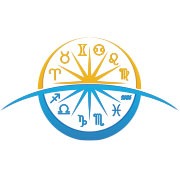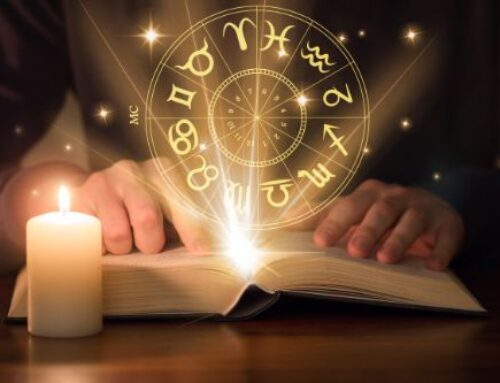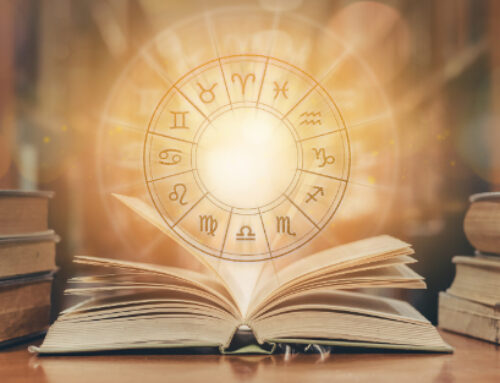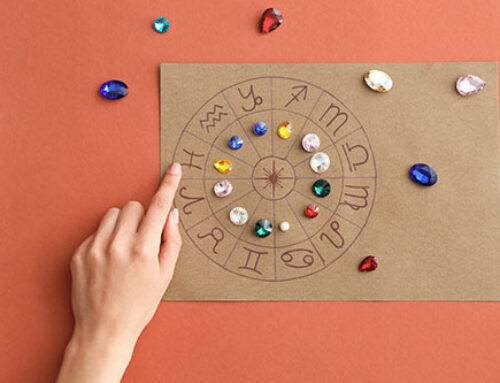Astrology used to be one of those things that people largely scoffed at. However, an article written by Rachel Hosie for independent.co.uk states, “According to a study, 58 per cent of 18-24-year-old Americans believe astrology is scientific. The study also revealed that skepticism of astrology is decreasing, and indeed you don’t have to look far online to find the strong community of young, cool, perfectly normal people who obsess over their zodiac signs.” What has changed? What has taken the population to a place where most of the rising generation believes in astrology? Here are a few things that may be contributing to this phenomenon.
Guidance
People look to their horoscopes in order to help guide them through difficult times in their lives. They recognize that each one is extremely vague and could fit almost anyone’s life. However, they view their horoscope to either positively or negatively affirm what they were already planning on doing. It’s like having a wise, cosmic friend who helps you make up your mind about something complicated going on in your life. They may rely on permission from outside sources in order to feel confident in their choices.

Analyzing Behaviors
Some people are drawn to their horoscopes because it helps them dive deeper into self-analysis. Olivia Goldhill wrote an excellent article for qz.com that states the following, “One way to think about astrology is as a tool for self-knowledge. As Leah Fessler explained in a Quartz at Work article about the (scientifically dis-proven) Myers-Briggs personality test, assigning people to categories encourages them to assess themselves to figure out how they fit and deviate from that type. Learning, for example, about your astrological moon sign (which governs your emotions) might prompt you to reflect on your emotional tendencies, and whether you really do meet the astrological description. That reflection has a value.” For many, horoscopes provide a way to self-analyze that they aren’t getting anywhere else. It’s used as a tool to help identify both positive and negative personality traits or tendencies. Not only is self-analysis healthy, it’s necessary and beneficial to the individual as well. It helps provide a safe space for growth.
Common Themes
According to an article written by Olivia Goldhill for qz.com, readers seek commonality from their horoscopes as well. Her article states, “Astrology also points to the universality of experiences…it’s comforting to realize that a significant proportion of people relate to the same Zodiac profiles and so have gone through similar emotional angst.” This makes the fact that horoscopes are extremely generic into a positive thing. It means people aren’t alone in their experiences.
Whether you believe in astrology or not is irrelevant. Readers may indulge in their horoscopes for a variety of different reasons. An open mind and a desire for self-improvement are the only things you need for your horoscope to make an impact on your life.







